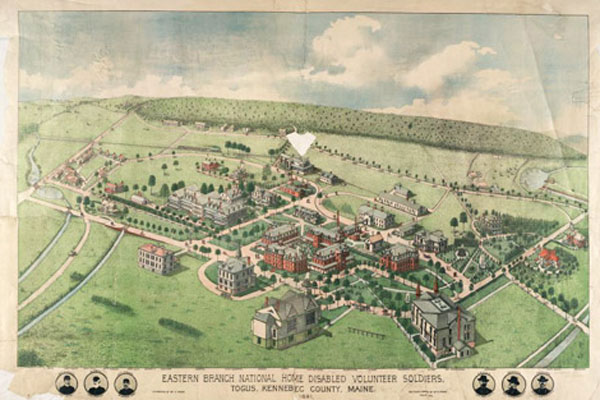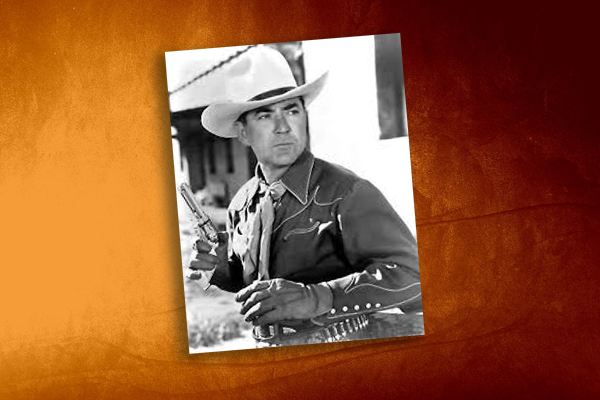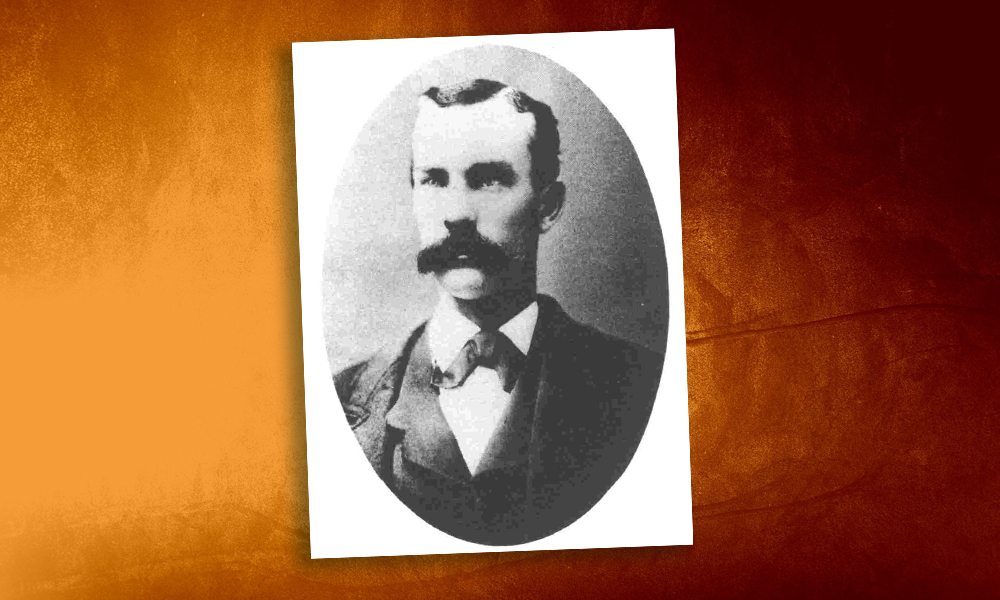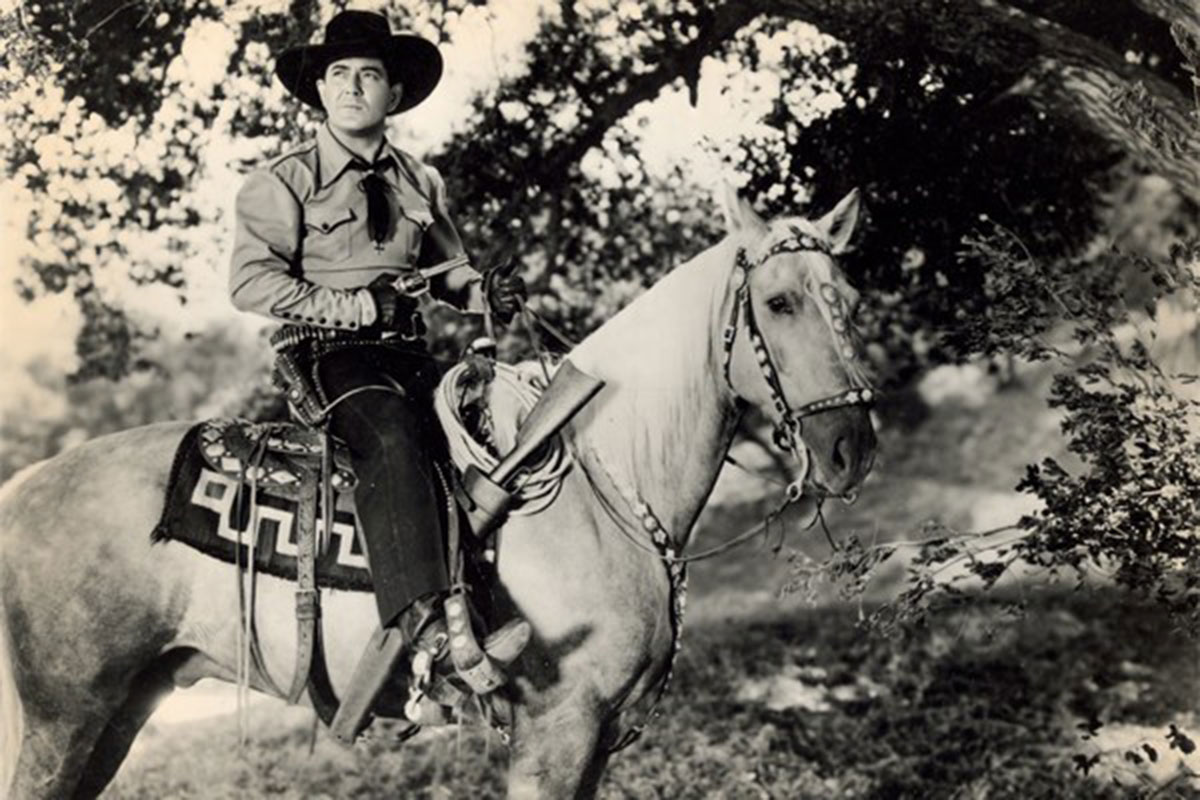 When the veterans came home from the battlefields and their postings far from home 150 years ago, the toll of the war was felt from the hamlets of Maine to the Western shores of California. The nation would never be the same. According to CivilWar.org, the casualty rate was unfathomable: 620,000 killed, 476,000 wounded, and 400,000 wounded or missing in the conflict across five Aprils.
When the veterans came home from the battlefields and their postings far from home 150 years ago, the toll of the war was felt from the hamlets of Maine to the Western shores of California. The nation would never be the same. According to CivilWar.org, the casualty rate was unfathomable: 620,000 killed, 476,000 wounded, and 400,000 wounded or missing in the conflict across five Aprils.
The story of the returning veterans, who sought to restart their lives—and shape the nation’s destiny—for the remainder of the century, is a story fueled by President Lincoln’s visionary Homestead Act and the Pacific Railroad Acts of 1863, but he also signed another bill, with lasting importance to the nation and its veterans. signed On March 3, 1865, weeks before he was killed, Lincoln had the vision to sign into law the National Asylum Organic Act, which funded a national network of federal soldiers’ and sailors’ medical asylums, the first ever for volunteer army and navy veterans—anywhere in the world. The first to open was at a former summer resort in Togus, Maine, in November 1866. Today, the Togus is still serving America’s veterans as a Medical Center, Regional Office and National Cemetery.






